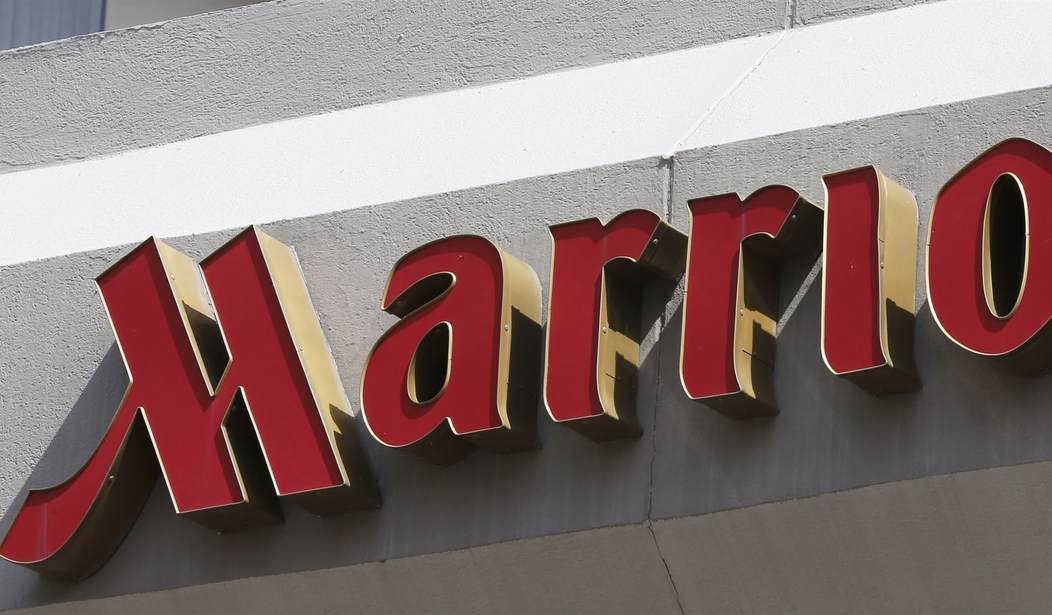Ahead of a windfall made possible by the federal government’s $1.9 trillion COVID-19 bailout, the Texas state budget appears to be in good shape this year. Despite expected shortfalls due to the pandemic, lawmakers in Texas should be able to breathe easy and not have to make any major decisions for the moment.
The state of the budget, however, does not appear to be stopping some Texas lawmakers from seeking to increase taxes. Not Democrats. Republicans.
HB 2889, which addresses state occupancy tax for hotels, appears to be a tax hike. A result of this bill, according to the American Legislative Exchange Council (ALEC), would be that “tax liabilities would be calculated to include services unrelated to the furnishing of hotel rooms, like online travel agent service fees, and increase taxes on Texas’ travel and tourism industry.”
In a letter to the Texas House Ways & Means Committee, ALEC lays out its case.
Online travel agents connect potential tourists with Texas hotels and small businesses. By doing so, online travel agents generate tax revenue from these visitors through their in-state commerce. Visitors also add to the Texas economy through purchases at local restaurants, stores, events and other in-state businesses. In a modern, digital economy, online travel agents serve as crucial intermediaries to position Texas to benefit from domestic and global travelers alike.
As written, this bill conflicts with the ALEC Principles of Taxation, which states that tax policy should be competitive, neutral and fair to all businesses regardless of industry. This should be given extra consideration as many in the travel industry struggle to remain in business amid the economic fallout from the COVID-19 pandemic.
Moreover, as ALEC model policies – the Travel Agent Tax Fairness Act and the Uniform Standard for Lodging Taxes Act – note, online travel agents are separate entities from accommodations providers. Online travel agents do not provide lodging or amenities, but instead facilitate the purchase of that lodging, which is a distinct service. As such, the services provided by online travel agents should not be taxed under the Texas hotel occupancy tax.
Americans for Tax Reform have likewise sent a letter to the Texas legislature on the subject.
On behalf of Americans for Tax Reform (ATR) and our supporters across Texas, I urge you to reject a new tax on travel agent services, HB 2889. This legislation would change the law to expand hotel occupancy tax to travel agent services, and more, including room preparation.
HB 2889 is an estimated $67 million tax hike over two years. Not only is it a tax increase, it is a tax increase on the tail end of a pandemic that has caused great disruption to the economy. Further, it targets an industry, and workers, that have been extremely hard hit by that pandemic.
[…]
The new tax in HB 2889 would impact all travel booking fees, driving up costs for Texans and out-of-state visitors when they use in-person, or online travel booking services. Taxes are already collected on the price agents arrange with a hotel. Adding occupancy tax to travel agent service fees is a tax increase that will affect anyone who books a hotel stay through a third party, and make the state a more expensive place to visit.
Online Travel Agents, or OTA’s – like Expedia, Travelocity, and others – make it easier for people to book hotels or other accommodations online. They attract travelers to Texas by offering a variety of lodging options at competitive prices. As such, OTAs are great for restaurants, shops, and other local businesses, as they benefit from tourism.
If it were a simple matter of enforcement, you wouldn’t need to change existing law so drastically. This certainly looks and feels like a tax hike, and it’s not a good look for Republicans right now.
If Republicans are concerned about the budget and state fiscal issues, look for cuts. In a state like Texas, there needs to be a really good reason to raise taxes, and it seems very strange to make travel and hotel reservations through third-party sites like Expedia and Travelocity the hill to die on.
Unless this is being pushed by hotel lobbyists, which makes more sense. This could be a move to drive people off those sites and directly to the hotels themselves, cutting out the middle man and making more for themselves. That would be a shame, especially now, when the Republicans finally appear to be on the cusp of fully divesting themselves from big business’s pocket, given all that’s going on with voting rights legislation.
Writing and re-writing laws that would effectively raise taxes — no matter how much or how little it may affect a quarter-of-a-trillion-dollar budget — when the economy is not quite recovered from the effects of the pandemic. There is also a loss in revenue if people find that they are being priced out of traveling to Texas. Less tourism money hurts Texas.
There are some opponents within Texas who oppose this bill. Lt. Governor Dan Patrick opposes it, for one thing. I imagine several other Republicans would like to oppose it.














Join the conversation as a VIP Member